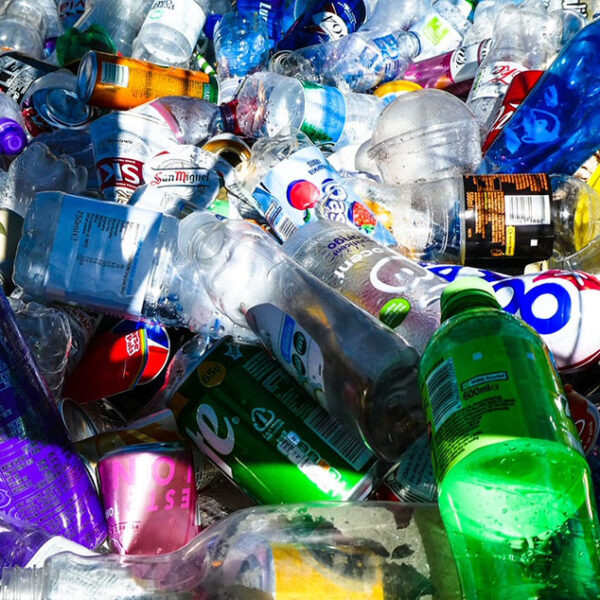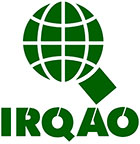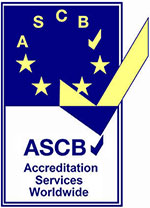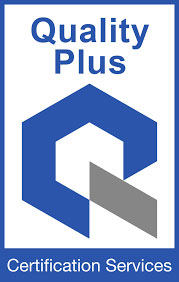By Mark Forrester, Managing Director of Red Source
We all know that the billions of items of plastic waste choking our oceans, lakes and rivers and piling up in landfill, is more than unsightly and harmful to the planet. Plastic pollution is very real and single-use plastics, while individually small, have a massive impact. Roughly half of our global annual plastic production is destined for a single-use product.
Humans use about 1.2 million plastic bottles per minute and approximately 91% of plastic is not recycled. Many countries lack the infrastructure to prevent plastic pollution such as sanitary landfills, incineration facilities, recycling capacity and proper management and disposal of waste systems.
It’s clear that the lack of plastic recycling is incredibly harmful and as someone who works in the humanitarian sector, I am keen to explore what can be done to make a change. Firstly, governments and NGOs need to lead by example by utilising sustainable products. Using recycled materials rather than sourcing new or virgin materials is a move that could make a dramatic change to the stark statistics we currently see.
At Red Source, we are passionate about reducing the amount of plastic pollution and are looking at ways we can do our part, in the humanitarian sector to make a positive change. Plastic is a valuable resource and really doesn’t need to be wasted. Recycling of millions of plastic bottles saves the planet’s resources which can only be a good thing. Synthetic fabrics are in high demand, 55 million metres of polyester are produced annually and compared to conventional polyester yarn production, this process diverts plastic from landfill and uses 20% less water, 50% less energy, 55% fewer carbon emissions and 0% oil.
We are continuously working on ways we can weave responsible practices into our core business and the idea of sustainable manufacturing for the humanitarian sector is one that has been a key focus for us. I very much look forward to sharing our latest initiatives in the near future, but until then it is up to each and every one of us to adapt our behaviour and embrace the many ways we can recycle existing plastic products in our lives.






 TWJ8APQ5MW33
TWJ8APQ5MW33 VFDVXKGAV1K3
VFDVXKGAV1K3 JG1TZ4LTKAD9
JG1TZ4LTKAD9